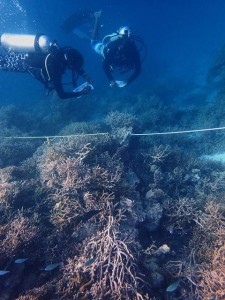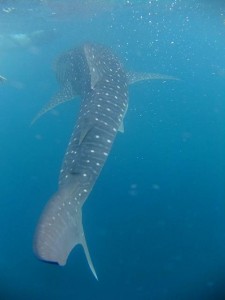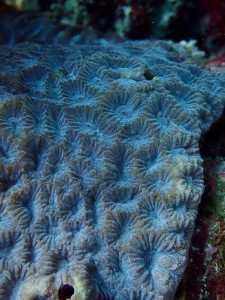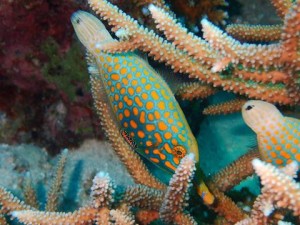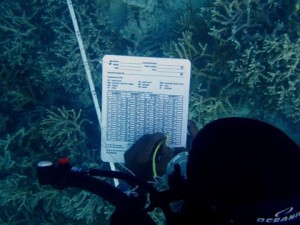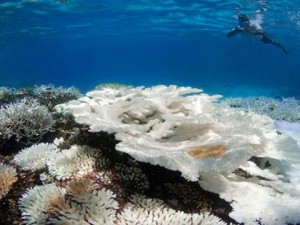Marine Life & Conservation
Bleaching and teaching – saving corals and marine life in the face of El Niño
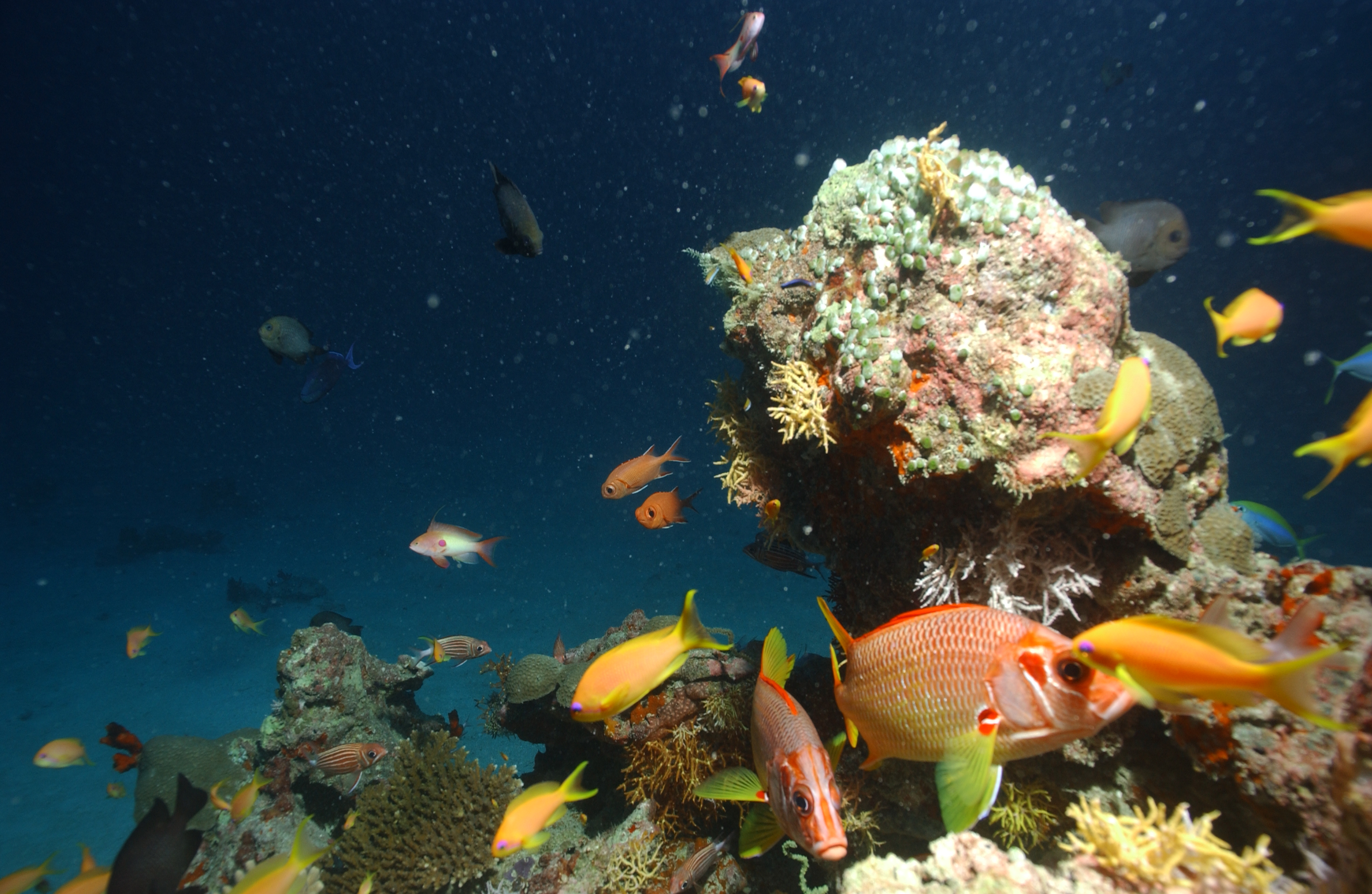

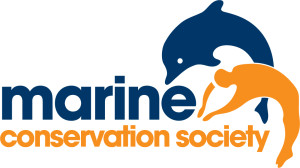 In the Maldives, repressive politics, coral bleaching and the whale shark tourism industry are out of control. Two NGOs – Biosphere Expeditions and the Marine Conservation Society (MCS) – battle on regardless. Their silver lining is civil society groups.
In the Maldives, repressive politics, coral bleaching and the whale shark tourism industry are out of control. Two NGOs – Biosphere Expeditions and the Marine Conservation Society (MCS) – battle on regardless. Their silver lining is civil society groups.
The two NGOs have worked in the Maldives since 1990, eventually joining forces in 2011. Today they run an annual research expedition to the Maldives, assessing coral reef fitness alongside marine health indicators such as whale sharks. “We are also very concerned by the increasingly repressive political developments,” says Dr. Matthias Hammer of Biosphere Expeditions.
El Niño devastating reefs
The recent El Niño event has severely stressed corals in the Maldives too. So much so that according to MCS’s Dr. Jean-Luc Solandt the July research trip will be “one of sadness – to see the impact of climate change. A massive bleaching event has hit the Maldives in May as a result of a strong and long El Niño. It has clearly killed many shallow water Maldives reefs. Our task is to see the extent of the damage caused and to work out which reefs are more resilient.”
Dr. Hammer adds that “Maldivian local communities are only slowly becoming more aware of human impacts on reefs and therefore the source of their livelihoods and homes. Given the very real threats to coral reefs and the rapid pace of change, communities, politicians and government must be more proactive in managing the coral reefs of the Maldives properly and sustainably.”
Photos (left to right): Surveying the reef (c) S Hashim; Whale shark (c) Biosphere Expeditions; Colours of the reef (c) S Hashim.
Unsustainable, out of control whale shark exploitation and harassment
The two NGOs also do not mince their words in their assessment of the whale shark tourism industry in South Ari Marine Protected Area. “Although the area is a Marine Protected Area (MPA), as of yet it is merely a paper park. Despite suggestions for regulations being put forward, there is neither a proper management plan that all the stakeholders agree on, nor a governing body actively involved in enforcing these regulations. As a result, boat collisions that result in major injuries to the sharks and harassment by boats and divers / snorkellers engaged in irresponsible tourism activities are the rule, rather than the exception. Whale shark tourism is therefore far from sustainable and the MPA has a long way to go until it is no longer just a paper park.”
The silver lining: Where the officialdom fails, communities step in
But it is not all doom and gloom. Where officialdom is failing, civil society and committed Maldivians are stepping in. Ever since Biosphere Expeditions started running its annual research trip to the Maldives in 2011, it has educated and trained Maldivians in reef survey techniques as part of the Biosphere Expeditions’ placement programme. This culminated in the first-ever all-Maldivian reef survey in November 2014 and other community-based conservation initiatives since then, the latest in March 2016. Shaha Hasihim of local NGO Gemana, for example, has taken part in several expeditions and is now training her compatriots in reef survey techniques and setting up community-based conservation programmes, because, in her words, “monitoring the reef on a regular basis helps local communities identify issues that may affect the health of the reefs and take preventive measures to restore the balance and ensure reef survival.”
Photos (left to right): A healthy reef with live coral and a thriving fish population (c) S Hashim; A local volunteer collects the all-important data along the Reef Check transect line (c) S Hashim; Coral bleaching has also devastated Maldives reefs (c) XL Catlin Seaview Survey.
Biosphere Expeditions is also raising funds for more placements across other parts of the planet, as part of its campaign to train 15 young conservationists in 10 countries across the globe. The funding target is $7500. Donations are most welcome.
Marine Life & Conservation
Paul Watson Released as Denmark Blocks Japan’s Extradition Bid

Renowned anti-whaling activist Paul Watson has been released from custody in Greenland after spending five months in detention. Denmark’s Justice Ministry rejected Japan’s request for his extradition, citing insufficient guarantees that his time already served in custody would be credited against any potential sentence.
The 74-year-old Canadian-American was arrested on July 21 in Nuuk, Greenland’s capital, when his ship docked to refuel. His arrest was based on a 2012 Japanese warrant related to a 2010 encounter in Antarctic waters. Japan alleged Watson obstructed operations and caused damage to a whaling research ship during efforts to disrupt illegal whaling. Watson has consistently denied these claims, maintaining his commitment to marine conservation.
Denmark, which oversees extradition matters for Greenland, concluded that while the legal conditions for extradition were met, the lack of assurances from Japan regarding time-served credit made extradition untenable.
In a video shared by his foundation, Watson expressed gratitude and relief, saying, “After five months, it’s good to be out… and good to know they’re not sending me to Japan.” He added that the most difficult part of his time in custody was being separated from his two young sons.
Watson is a pioneering figure in marine conservation, known for founding the Captain Paul Watson Foundation in 2022 after decades of activism with the Sea Shepherd Conservation Society. His bold efforts to defend marine life have earned him widespread support, including from celebrities and conservationists. His work has also been featured in the acclaimed reality TV series Whale Wars.
Watson’s lawyer, Jonas Christoffersen, praised the decision, stating, “We are happy and relieved that Paul Watson is now free.” He added that Watson is eager to reunite with his family and continue his vital work.
The arrest occurred while Watson’s vessel, the M/Y John Paul DeJoria, was en route to the North Pacific with a team of 26 volunteers to intercept a Japanese whaling ship. His foundation described the arrest as politically motivated and emphasized that Watson’s actions were focused on ending illegal whaling practices.
Japan resumed commercial whaling in 2019 after leaving the International Whaling Commission, asserting that whale meat is a cultural tradition. Conservationists, however, continue to challenge these practices, highlighting their impact on marine ecosystems.
Despite the challenges, Watson remains steadfast in his mission to protect marine life and bring attention to whaling practices. His dedication to ocean conservation has made him a globally respected advocate for the environment.
Marine Life & Conservation
12 Days of Zero-Waste Fish-mas

This holiday period, the Marine Conservation Society, the UK’s leading ocean membership charity, invites you to make some simple changes to eating fish this Christmas to help our seas.
Dr Kenneth Bodles, Head of Fisheries and Aquaculture at the Marine Conservation Society, said, “During the festive season, our consumption increases, but so does waste. Sustainability isn’t just about where food comes from – it’s also about how you use it. By reducing waste and making the most out of your seafood, you’re not only taking steps to be more ocean-friendly, but can also help to cut costs during what is often one of the most expensive times of the year”.
The Marine Conservation Society has compiled twelve tips on how to consume seafood sustainably with zero-waste this Christmas:
Buy whole fish instead of fillets
Instead of fillets, consider buying whole fish such as salmon, hake, or lemon sole. By adopting a “nose to tail” approach with cooking, whole-baked fish not only feeds a crowd, but also helps to minimise waste and maximise sustainability by using up every part of the animal, including bones, skin, and fat.
Make fish stock
Leftover fish bones or shells can be put to good use by boiling them to make a nourishing fish stock or bisque. This can be frozen and preserved for later use and makes for a flavourful base in a soup.
Make your own fish pâté
Avoid waste by turning leftover fish, such as smoked mackerel or salmon, into a delicious pâté by blending with cream cheese and lemon. Perfect when paired with crackers.
The sustainability of salmon and mackerel varies depending on where and how it is caught or farmed. For more information on green-rated options, check the charity’s Good Fish Guide.
Buy frozen
By purchasing seafood that is frozen or vacuum-packed, this helps to reduce waste by extending the shelf life of your food.
Fish pie
If you’re wondering what to do with leftover cooked fish, why not opt for a classic fish pie with mashed potatoes, leeks, and a cheesy sauce? A sure crowd pleaser on Boxing Day.
Use the head
Don’t forget the fish head! The meat is incredibly tender and flavourful. The charity recommends a cod’s head curry or recreating Fallow’s renowned cod’s head in siracha butter.
By stretching your ingredients further, not only is this a more sustainable way to enjoy seafood, but also cost-effective by repurposing leftovers and cooking creatively.
Boxing Day brunch
Mix leftover kippers or smoked salmon with scrambled eggs for a tasty, zero-waste, Boxing Day brunch.
For best choice, make sure you buy kippers, or herring, from the North Sea and the North Irish Sea.
Zero-waste storage
A top tip from the Marine Conservation Society to avoid waste is freezing fish offcuts to save for future use.
Crisp up the skin
Even leftover fish skin can be turned into a quick savoury snack by crisping it up in an air fryer with a little olive oil and salt.
Anchovies two ways
Leftover anchovies can either be blended with butter to make a delicious anchovy butter or tossed into pasta for a hit of umami flavour.
The charity recommends opting for anchovies caught in the Bay of Biscay for best choice.
Fishcakes
For an easy, zero-waste meal, leftover seafood trimmings can be mixed with mash and fried in breadcrumbs to make fishcakes.
Pickled mussels
Try pickling mussels in 1:1 vinegar and water, with a dash of sugar for a sustainable, zero-waste snack that can be enjoyed well beyond the festive season.
Mussels farmed in the UK are a seafood superhero. Grown using low-impact methods and harvested by hand, they get all the food they need from the sea around them. This makes them one of the most sustainable, ocean-friendly, and cost-effective seafood options.
Players of People’s Postcode Lottery have raised £6.6M towards the Marine Conservation Society’s vital work in making seafood more sustainable.
Laura Chow, Head of Charities at People’s Postcode Lottery, said: “Fish is a festive favourite for many, but making sustainable choices when it comes to how we buy and eat seafood makes all the difference for our ocean. Support from players of People’s Postcode Lottery has helped the Marine Conservation Society further its sustainable seafood work, so that we can all enjoy healthier, better protected seas.”
The Marine Conservation Society encourages you to make sustainable seafood choices a year-round habit, not just for Christmas. To check how sustainable the seafood on your plate is, you can visit the charity’s Good Fish Guide. The Guide helps consumers and businesses identify the most sustainable seafood using a simple traffic light system, based on where and how species are caught or farmed. Green is the best choice, amber means improvements are needed, and red indicates fish to avoid buying.
Zero-waste gift idea
Why not embrace a zero-waste Christmas by gifting a membership to support marine conservation? It’s a meaningful, low-waste gift that helps protect our ocean for generations to come. Memberships start from as little as £5 a month – the price of a sandwich and drink from your local coffee shop.
Find the latest sustainable seafood advice for wild-caught and farmed seafood on the Good Fish Guide, downloadable to your phone from www.mcsuk.org/goodfishguide.
-

 News2 months ago
News2 months agoIconic SS United States to become the World’s Largest Artificial Reef
-

 News3 months ago
News3 months agoBook Review – 52 Assignments: Underwater Photography
-

 Gear News3 months ago
Gear News3 months agoDYNAMICNORD – New German diving brand enters the British market
-

 News3 months ago
News3 months agoExploring Cenote El Pit: A Diver’s Dream
-

 Marine Life & Conservation3 months ago
Marine Life & Conservation3 months agoBook Review: Coral Triangle Cameos
-

 Blogs3 months ago
Blogs3 months agoDive the Egyptian Red Sea this Autumn with Regaldive
-

 News3 months ago
News3 months ago2024 Ocean Art Underwater Photo Competition Announced
-

 Gear News3 months ago
Gear News3 months agoFourth Element Launches Pelagic Dive Watch


